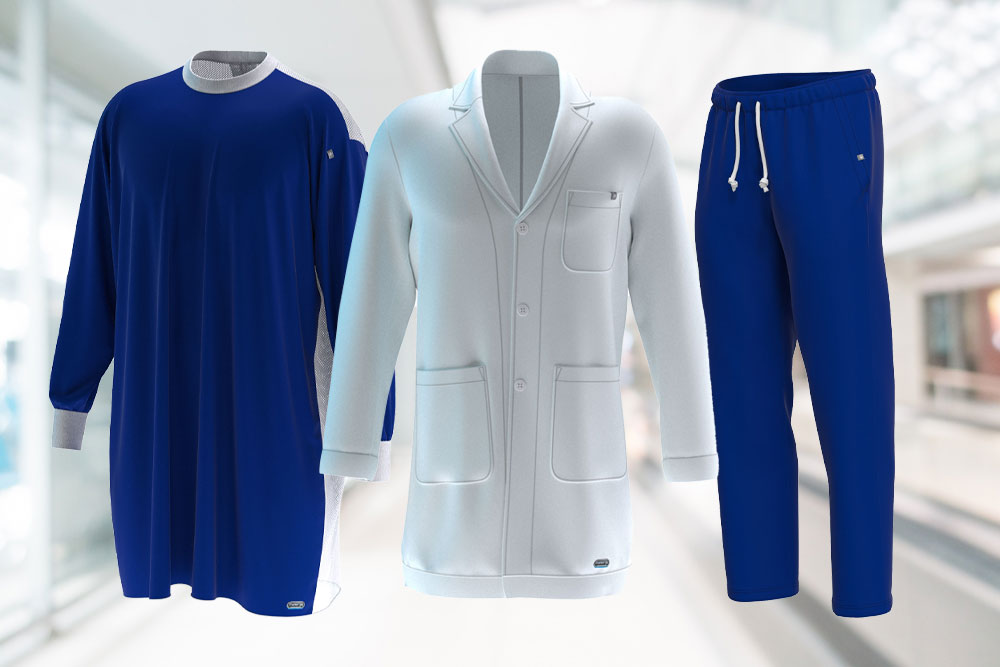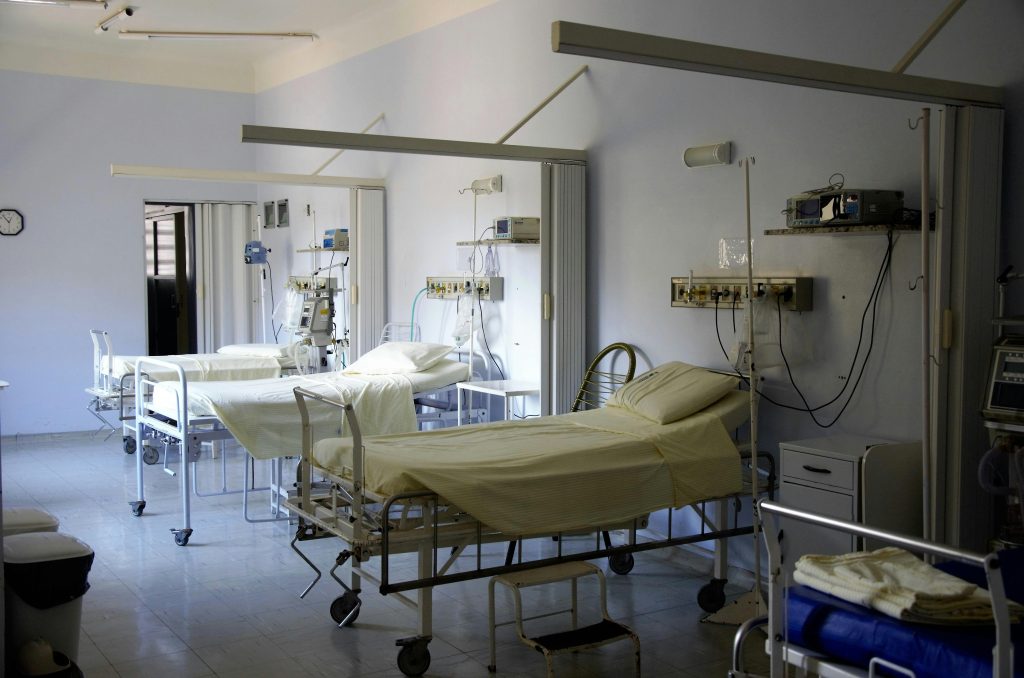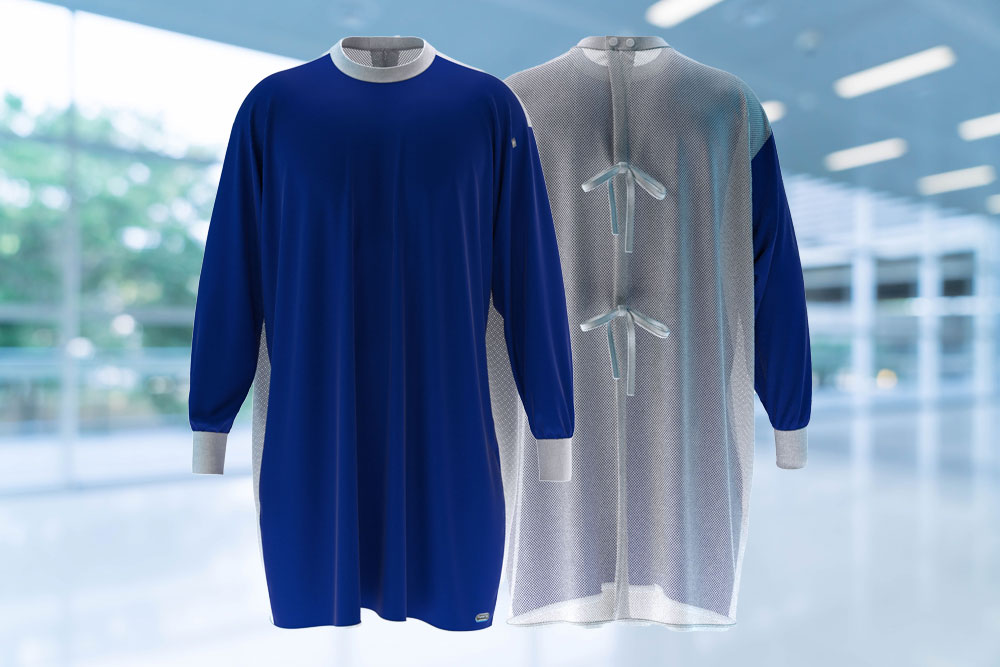LCM DPI and Erreà have joined forces to create a game-changing innovation: an antibacterial and antiviral fabric that protects healthcare professionals and patients from life-threatening hospital infections.
A breakthrough in protective wear, 100% Made in Italy and exclusively produced worldwide, this fabric is the result of cutting-edge research and advanced technology.
Certified, sustainable, and designed to set new standards in personal protection.





Thanks to our research, your work now has the protection it deserves. Your role demands the highest level of safety, which is why Erreà, a leader in technical sportswear, developed Ti-Energy—a next-generation fabric revolutionizing protective gear. Together with LCM DPI, we have created an innovative solution designed to safeguard doctors, nurses, and patients.
With the power of zinc oxide nanoparticles and the Minusnine J1+ treatment, this fabric creates an unmatched protective barrier against bacteria, viruses, and contaminants in high-risk environments.
6 hours after contact, the bacterial and viral load is reduced by 99.95%.
Download the brochure to learn more about the technical aspects.


Hospitals and healthcare facilities should be places of healing, not where infections spread.
Cases of HAIs (Heath-care Related Infections) are on the rise, leading to severe complications and, in many cases, fatal outcomes.
According to the Italian Ministry of Health, every year in Europe, 110,000 cases result in infection being a lethal factor, further worsening pre-existing conditions.
What's even more alarming are that 33% of care-related infections are antibiotic-resistant.
With 75% of antibiotic-resistant infections originating from HAIs.

The Ministry of Health’s data confirms that 75% of these infections in Italy are caused by resistant bacteria associated with healthcare settings.

In 2022 alone, over 94,000 healthcare professionals suffered workplace injuries.
Many due to viral and bacterial infections. That’s a 76.6% increase from the previous year.
But there’s good news: prevention works.
The right protective measures can reduce care-related infections by up to 50%.
The new Ti-Energy fabric distributed by LCM DPI is safe, multi-use, and outperforms traditional cotton in terms of environmental sustainability.


At LCM, we are committed to delivering products of the highest quality.
We understand that creating state-of-the-art solutions requires dedication and precision.
That’s why we offer tailored, made-to-order protective garments, delivered within 60 days.
Our garments can be equipped with a wash-counting chip for traceability, compatible with RFID systems used by industrial laundries.
This smart solution guarantees quality, reduces waste, and puts protection first.
Are you a healthcare provider?
With Ti-Energy devices, you can save up to 6% of your annual budget while protecting staff and patients from infections that can cost anywhere between €8,500 and €34,000 each.

In ruling No. 6386 of 2023, the Supreme Court clarified the evidentiary responsibilities of healthcare facilities regarding infections contracted in the ward.
The ruling emphasizes that "in the case of hospital-acquired infections, the onus is on the healthcare facility to prove that all precautions, as outlined by current regulations and best practices, were taken to prevent the spread of infectious diseases."